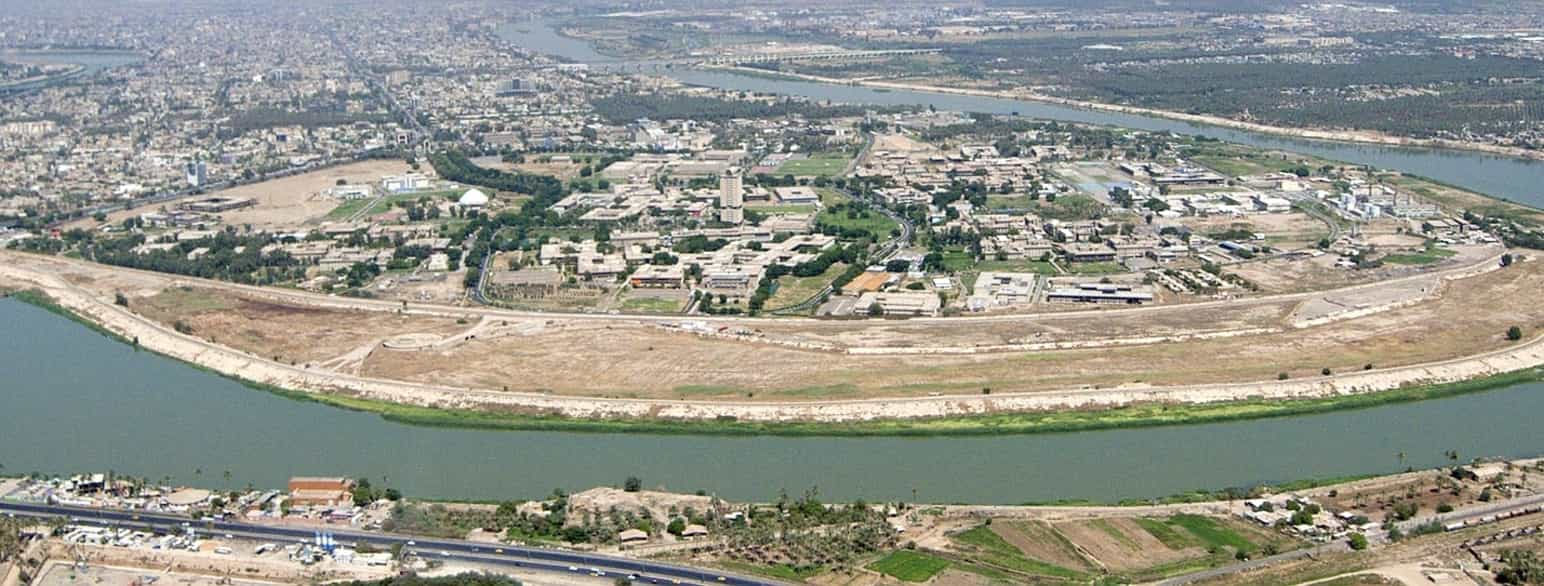Iraqi deputies adopted (228 out of 329 deputies) on June 12 the largest budget in the country's history which covers the fiscal years 2023, 2024 and 2025, after several months of negotiations against a backdrop of tensions in Parliament and between Baghdad and Erbil.
Total expenditure amounts, for each of the three years, to 153 billion USD, a record level and an increase of more than 70% compared to the 2021 budget.
Operating expenses represent 75% of total expenses (+66.8% compared to 2021), in particular attributable to the massive hirings in the public service (around 7 to 800,000 hires), the increase in salaries and the expansion of social benefits (pension system included). Although investment expenditure (25% of expenditure) is up sharply compared to previous budgets (+83.5%), it remains undersized in relation to the country’s reconstruction needs – and is moreover traditionally largely under -executed.
For each of the three years, the expected revenues of USD 103.5 billion are very little diversified since more than 85% is made up of oil revenues (based on a barrel at USD 70 and 3.5 Mb/d exported). If oil revenue projections seem reasonable for the year 2023, non-oil revenues seem largely overvalued according to the IMF. The annual deficits forecast for 2023, 2024 and 2025 thus reach record levels at USD 49.5 billion (+150% compared to that of 2021).
In addition, the budget ratifies the agreement concluded in April 2023 between Baghdad and Erbil clarifying the responsibilities of each party in the management of Kurdish hydrocarbons, the sales of which will now go exclusively through the Iraqi State Oil Company (SOMO). Indeed, the income from the sale of Kurdish oil (400,000b/d) – as well as other non-oil tax income from Kurdistan – will be deposited in an account of the Iraqi Central Bank, which Erbil will be able to use, but which will be deducted from the 12.67% of budgetary expenditure due to the autonomous region of Kurdistan.
The combined effects of fiscal expansion, weak tax revenue diversification, and exchange rate revaluation bring the fiscal breakeven oil price to USD 96 per barrel.
According to the IMF, in the short term, budget execution could revive inflation and volatility in the foreign exchange market. In the medium term, the continuation of expansionary policies in the face of uncertainty about the evolution of oil prices will pose risks to the country’s macroeconomic stability.
While the country had been on a downward debt trajectory since 2020 (public debt at 43% of GDP at the end of 2022 against 84% in 2020), the budgetary orientation now taken for the period 2023-2025 could lead to growing deficits and weigh on the medium-term sustainability of Iraqi public finances, unless there is a return to a lasting rise in oil prices.
Source: French Embassy in Lebanon, economic service








Réagissez à cet article